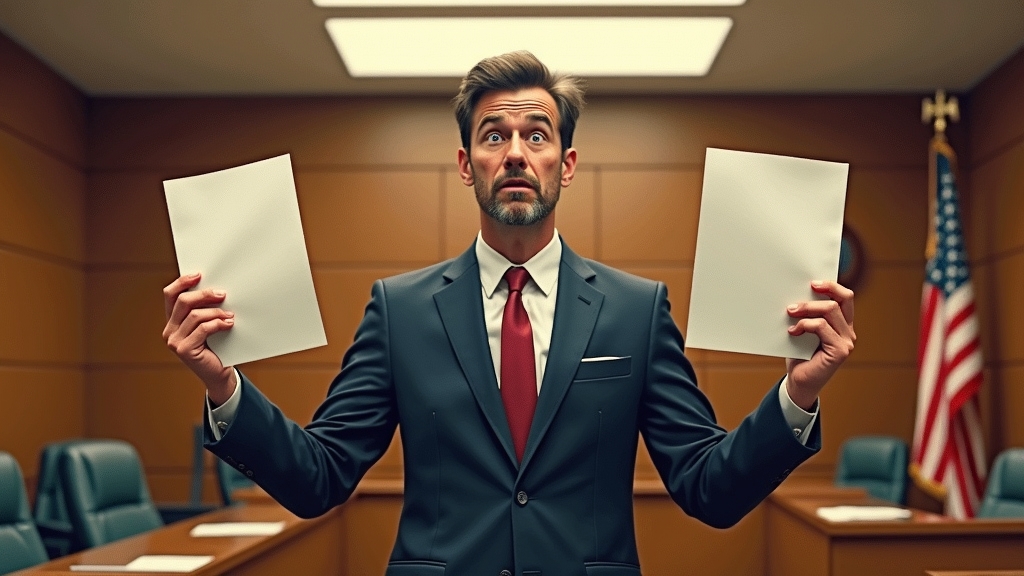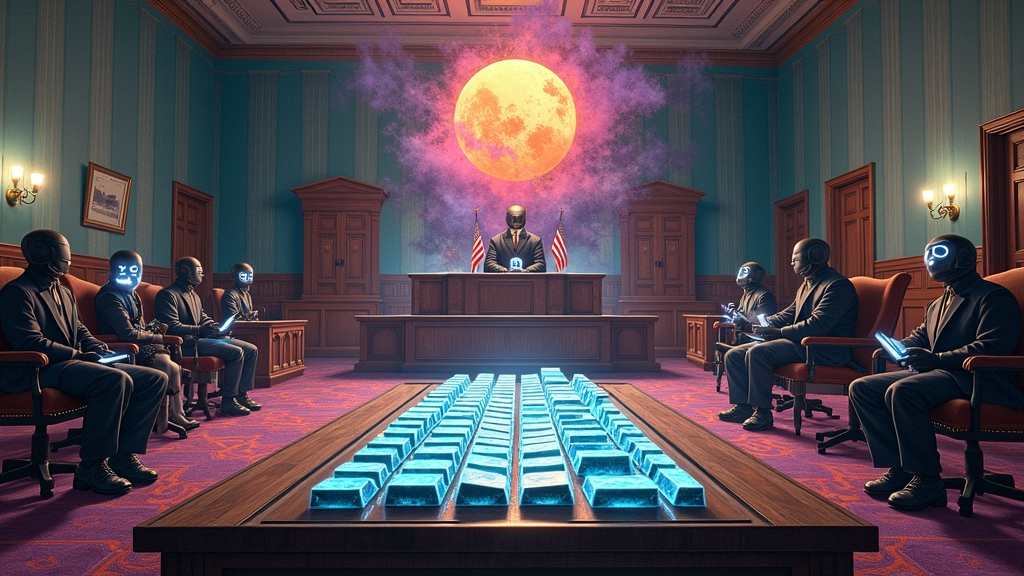**Australian Lawyer Stunned to Learn Court Requires Real Cases, Not Just ‘Vibes’**
An Australian lawyer has been left flabbergasted after a court expressed a small, nitpicky issue with his legal filings—namely, that they referenced completely make-believe cases generated by ChatGPT.
The lawyer, whose name was redacted from the ruling because, frankly, he’s been through enough already, had attempted to impress the federal circuit and family court by outsourcing his research to an artificial intelligence platform that, in a spectacular act of creativity, conjured up case law that simply did not exist. Apparently, the legal system remains stubbornly committed to relying on actual precedents instead of whatever sounded most legal-ish at the time.
Justice Rania Skaros, showing an almost unreasonable adherence to reality, referred the lawyer to the Office of the NSW Legal Services Commissioner (OLSC), presumably to have a long, awkward conversation about what the word “evidence” means. In a statement, Skaros described the move as necessary, adding, “While we appreciate a good imagination, our courts prefer citations from actual legal rulings, not the fever dreams of an overconfident chatbot.”
Immigration Minister Andrew Giles chimed in with a stern warning, saying this kind of conduct must be “nipped in the bud” before every courtroom in the country turns into a dramatic improv session. Legal experts warn that allowing lawyers to freely generate fake cases could lead to unsettling precedents, like “Smith v. The Totally Real Legal Principle I Just Made Up” or “Johnson v. The Ghost of Judge Judy.”
The lawyer, who was reportedly “shocked and deeply wounded” that his AI-powered legal strategy wasn’t met with applause, has yet to publicly comment. However, sources say he is considering either leaving the profession altogether or doubling down and letting ChatGPT write his disciplinary hearing defense. “What’s the worst that could happen?” he reportedly muttered while watching YouTube tutorials titled “How To Object Confidently To Your Own Incompetence.”
Meanwhile, members of the legal profession have vowed to continue practicing law the old-fashioned way: by charging outrageous hourly rates for research done by interns.




